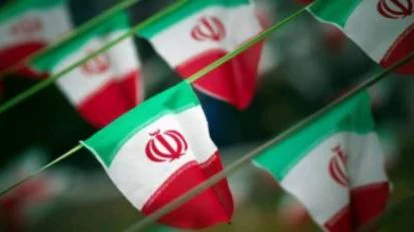Iran Lifts Ban on WhatsApp and Google Play
Iran has lifted its bans on WhatsApp and Google Play, signaling a major shift in its internet policy after more than two years of restrictions. The Supreme Council of Cyberspace reached this unanimous decision during a meeting on December 24, 2024. Officials had originally imposed the bans in October 2022 amid protests following the death of Mahsa Amini.
Targeting Protest Communication
The government restricted WhatsApp and Google Play as part of its broader crackdown on tools used by protestors during the “Women, Life, Freedom” movement. Authorities aimed to block access to platforms that enabled organization and dissent. Despite the restrictions, many Iranians relied on VPNs to bypass them.
Council’s Unanimous Endorsement
Members of the Supreme Council of Cyberspace including the President and key government leaders—endorsed the decision. Communications Minister Sattar Hashemi called the move “the first step towards lifting internet restrictions” in Iran.

Accessibility Still Uncertain
Although the government has lifted the ban, many users still cannot access WhatsApp and Google Play. Reports suggest that actual access may take time to roll out across the country.
Domestic Reaction Remains Divided
Supporters of the move believe lifting restrictions will help modernize Iran’s digital landscape and boost local businesses that depend on global platforms. However, critics particularly within parliament—argue that restoring access to foreign apps could threaten national security and weaken Iran’s negotiating stance with rival powers.
Outlook for Internet Freedom
Analysts view this decision as a potential precursor to broader digital liberalization. The government has hinted at gradually expanding access to platforms like YouTube and Telegram. Still, officials may continue enforcing strict regulations on many foreign services. Ongoing political debates suggest that Iran’s path toward greater digital freedom will likely remain contested.
Civil society groups and digital rights advocates have cautiously welcomed the decision, describing it as an overdue but positive step toward restoring online freedoms. However, they also warn that without systemic reforms such as legal protections for online expression, transparency in internet governance, and independence for regulatory bodies—this action may amount to little more than a symbolic gesture.



 Plane Crashes at London Southend Airport
Plane Crashes at London Southend Airport  Trump Slaps Tariffs on Asian Nations, but India Secures Exemption
Trump Slaps Tariffs on Asian Nations, but India Secures Exemption  Crew Abandons Ship After Likely Houthi Strike in Red Sea
Crew Abandons Ship After Likely Houthi Strike in Red Sea  How InnoMake Shoes Make Navigation Safer for the Blind
How InnoMake Shoes Make Navigation Safer for the Blind  New Coronavirus Wave Hits India: What We Know
New Coronavirus Wave Hits India: What We Know  Did India Record the Highest Rainfall in May?
Did India Record the Highest Rainfall in May?